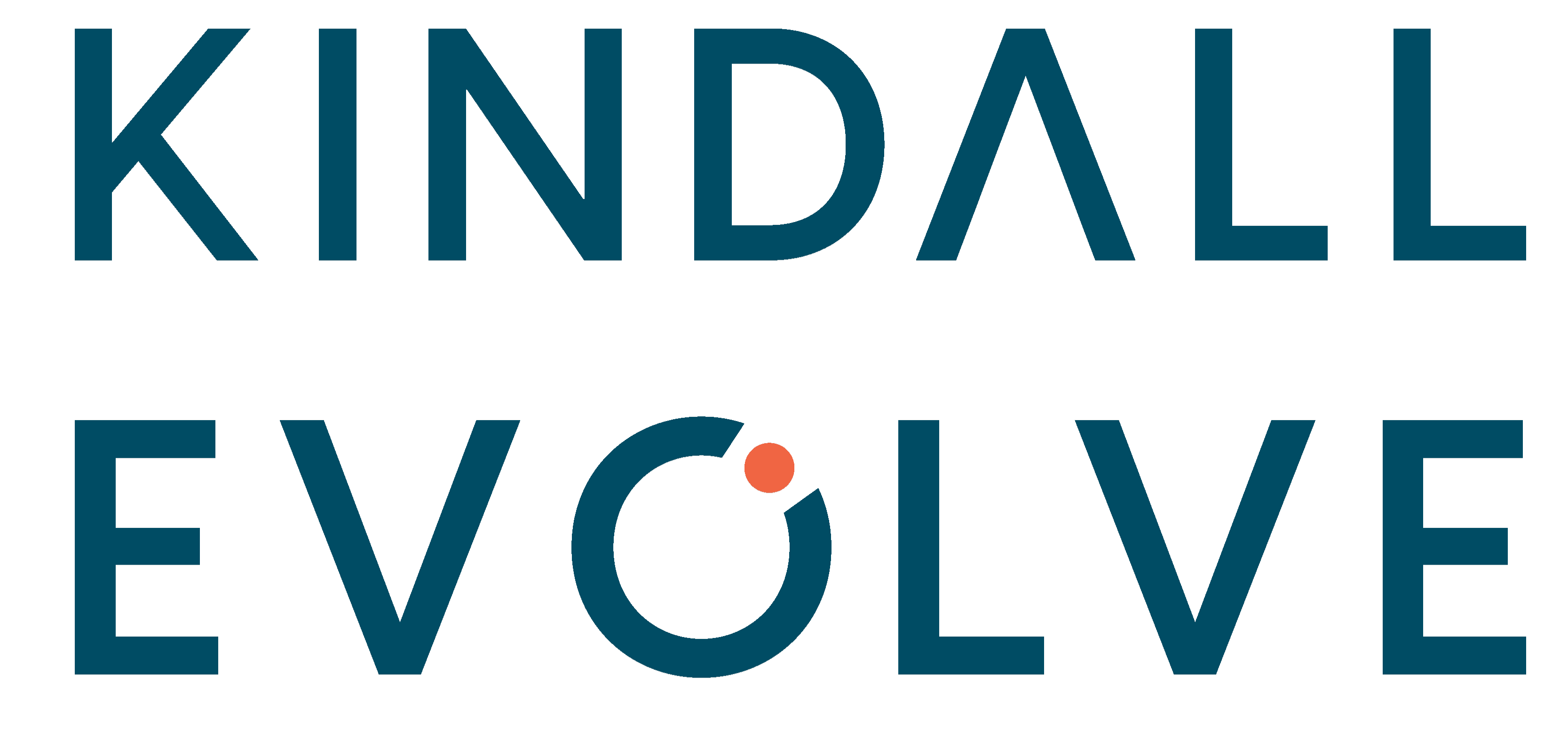Managing Polarizing Conversations In the Workplace
Here?s an uncomfortable truth- Americans are more polarized than ever. More and more, we are seeing that these polarized views are seeping into the workplace and causing conflict.? Not only does this negatively impact interpersonal relationships, but it also reduces psychological safety and even impacts your bottom line. A recent ?comprehensive study finds that US employers spend 2.8 hours of their entire workweek dealing with conflict. This results in an annual loss of $359 billion.? (Source: What to Become)
These statistics resonate with us because we’ve worked with teams that were severely siloed and compromised due to unresolved conflicts. Some stemmed so far back that team members could not remember what the other team members actually did or said to upset them. The divide continued to deepen until the leader realized that they were incapable of handling it on their own and they called us in to assist. Which we were successfully able to do over a period of time.?
But imagine how much was lost over the years. How much anxiety team members carried around with them each day when they came to work (and probably when they went home as well)? How could they perform at their best with all of that occurring?

As employers, you can?t tell people not to have opinions about controversial topics, so what can you do? A good starting point is to truly understand what is causing conflict. While on the surface a disagreement might seem to be caused by differing opinions, things like unmet workplace needs or poor management may actually be the main reason conflict erupts.?
Rather than immediately jumping to disciplinary measures, it?s important that you or a member of your HR team meet with individuals involved in the disagreement to identify a potential root cause. When meeting with team members to hear their stories, make sure to state your intentions upfront and establish ground rules. Lead with empathy and try to understand their perspective.?
Once you know more about the causes of the conflict, you then need to take steps to resolve it.? Get each party?s feedback on ways to move forward and obtain a commitment on action steps to resolve the conflict and prevent future disagreement. If you are new to conflict management and resolution, we recommend starting with this helpful article that lays out a simple, step-by-step process for mediation in the workplace.
It?s critical that as an employer, you take swift action to manage and resolve conflict. ?Unresolved issues of interpersonal tension and conflict can create emotional stress for employees, politicize the workplace and divert attention from the organization’s mission. If employers do not act, conflicts will escalate into larger problems, discrimination and harassment complaints may increase, and the employer’s reputation could be damaged.? (SHRM, 2020)?
Additional Resources
The Essential Workplace Conflict Handbook
TED: 3 Ways to Resolve Conflict?
If you are a new leader struggling with conflict management and resolution, we?d love to help! Our personalized leadership development programs for both teams and individuals will provide you the support and tools needed to improve this critical skillset and more.?
Our Evolved Leadership Program is specially designed to assist new and emerging leaders with the skills they need to become an inclusive and effective leader.? To learn more about our leadership development programs, click on the button below to schedule your discovery call today! Let?s work together to evolve your leadership!

